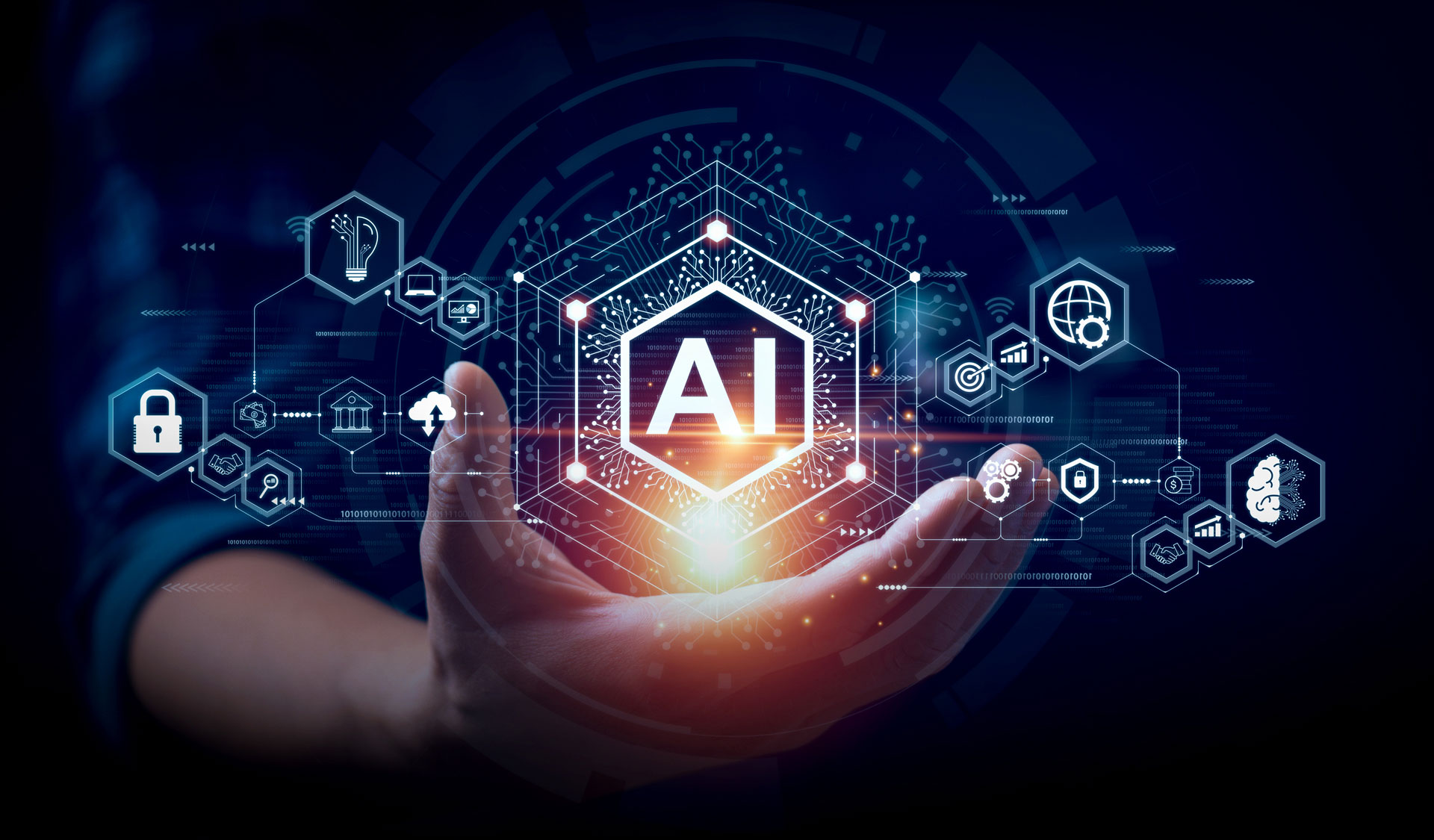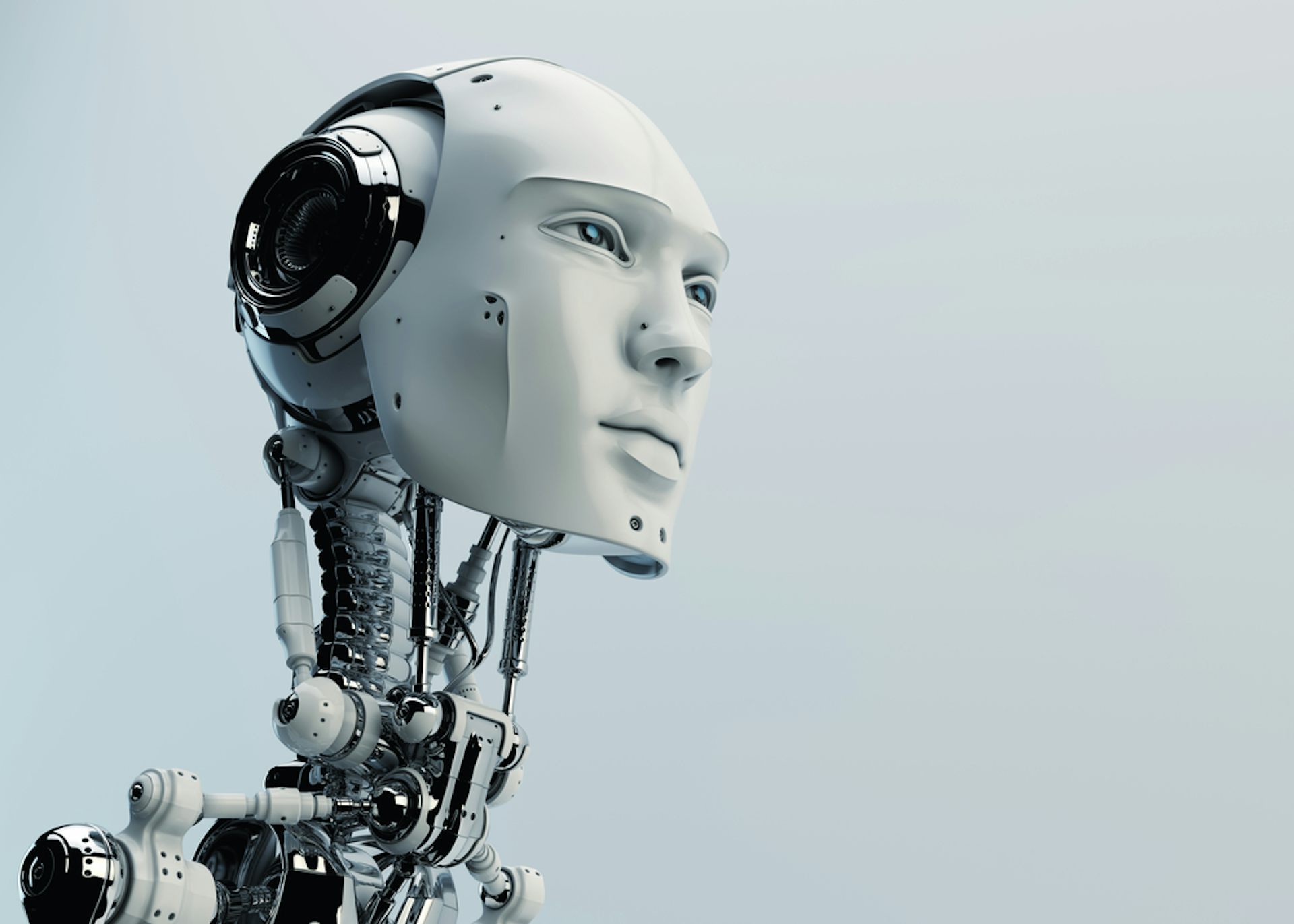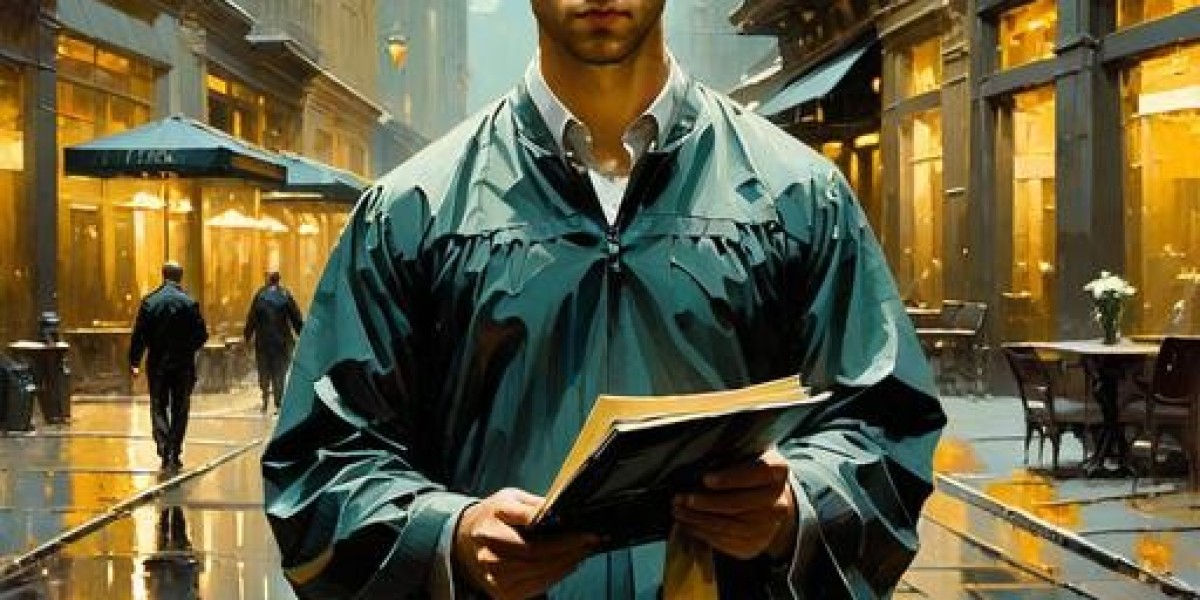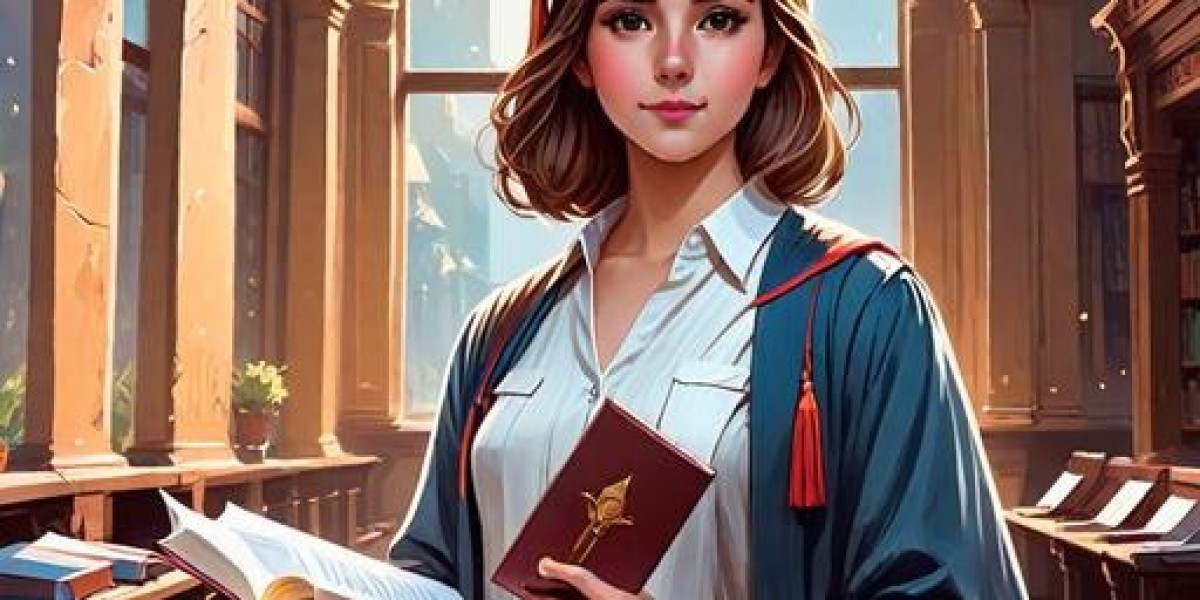For Christmas I received an intriguing present from a pal - my extremely own "very popular" book.
"Tech-Splaining for Dummies" (fantastic title) bears my name and my photo on its cover, and it has glowing reviews.
Yet it was totally written by AI, with a couple of basic triggers about me provided by my friend Janet.
It's an intriguing read, and extremely funny in parts. But it also meanders quite a lot, and is somewhere between a self-help book and a stream of anecdotes.
It simulates my chatty design of composing, however it's likewise a bit recurring, and extremely verbose. It may have surpassed Janet's triggers in collating information about me.
%20Is%20Used%20In%20Biometrics.jpg)
Several sentences begin "as a leading technology journalist ..." - cringe - which could have been scraped from an online bio.
There's also a strange, repetitive hallucination in the kind of my feline (I have no pets). And annunciogratis.net there's a metaphor on nearly every page - some more random than others.
There are dozens of companies online offering AI-book composing services. My book was from BookByAnyone.
When I got in touch with the president Adir Mashiach, based in Israel, he told me he had offered around 150,000 customised books, generally in the US, classifieds.ocala-news.com because pivoting from putting together AI-generated travel guides in June 2024.
A paperback copy of your own 240-page long best-seller costs ₤ 26. The firm uses its own AI tools to generate them, based upon an open source big language model.
I'm not asking you to purchase my book. Actually you can't - just Janet, who developed it, can buy any further copies.
There is currently no barrier to anybody developing one in anyone's name, consisting of stars - although Mr Mashiach says there are guardrails around abusive material. Each book consists of a printed disclaimer stating that it is fictional, produced by AI, and created "entirely to bring humour and pleasure".
Legally, the copyright belongs to the firm, but Mr Mashiach stresses that the product is planned as a "personalised gag present", and the books do not get sold further.
He intends to expand his variety, creating different genres such as sci-fi, and possibly offering an autobiography service. It's designed to be a light-hearted kind of consumer AI - selling AI-generated items to human clients.
It's also a bit scary if, like me, you write for a living. Not least because it most likely took less than a minute to generate, and it does, scientific-programs.science definitely in some parts, sound similar to me.
Musicians, authors, artists and actors worldwide have revealed alarm about their work being used to train generative AI tools that then produce similar material based upon it.
"We should be clear, when we are discussing data here, we in fact imply human creators' life works," says Ed Newton Rex, founder of Fairly Trained, which campaigns for AI companies to respect developers' rights.
"This is books, this is articles, this is photos. It's masterpieces. It's records ... The whole point of AI training is to find out how to do something and after that do more like that."
In 2023 a tune featuring AI-generated voices of Canadian singers Drake and valetinowiki.racing The Weeknd went viral on social networks before being pulled from streaming platforms because it was not their work and they had not consented to it. It didn't stop the track's developer attempting to choose it for a Grammy award. And although the artists were fake, it was still extremely popular.

"I do not think the use of generative AI for innovative purposes need to be banned, but I do believe that generative AI for these purposes that is trained on people's work without permission must be banned," Mr Newton Rex includes. "AI can be extremely powerful however let's construct it ethically and fairly."
OpenAI says Chinese competitors using its work for their AI apps
DeepSeek: shiapedia.1god.org The Chinese AI app that has the world talking
China's DeepSeek AI shakes industry and damages America's swagger
In the UK some organisations - including the BBC - have picked to obstruct AI designers from trawling their online content for training functions. Others have chosen to team up - the Financial Times has partnered with ChatGPT creator OpenAI for example.
The UK federal government is considering an overhaul of the law that would enable AI developers to use creators' content on the web to assist establish their models, unless the rights holders choose out.
Ed Newton Rex describes this as "madness".
He points out that AI can make advances in areas like defence, healthcare and logistics without trawling the work of authors, journalists and artists.
"All of these things work without going and changing copyright law and destroying the incomes of the nation's creatives," he argues.
Baroness Kidron, a crossbench peer in the House of Lords, vmeste-so-vsemi.ru is likewise strongly versus eliminating copyright law for AI.

"Creative markets are wealth creators, 2.4 million jobs and a lot of joy," says the Baroness, who is also a consultant to the Institute for bphomesteading.com Ethics in AI at Oxford University.
"The federal government is undermining one of its finest carrying out markets on the vague pledge of growth."
A government spokesperson said: "No move will be made up until we are definitely confident we have a practical plan that delivers each of our objectives: increased control for ideal holders to help them certify their material, access to high-quality material to train leading AI designs in the UK, and more transparency for right holders from AI developers."
Under the UK federal government's new AI plan, a nationwide information library containing public information from a wide variety of sources will also be provided to AI scientists.
In the US the future of federal guidelines to manage AI is now up in the air following President Trump's go back to the presidency.
In 2023 Biden signed an executive order that intended to enhance the safety of AI with, amongst other things, firms in the sector required to share details of the functions of their systems with the US government before they are launched.
But this has actually now been repealed by Trump. It remains to be seen what Trump will do instead, but he is said to desire the AI sector to deal with less guideline.
This comes as a variety of claims versus AI companies, and especially versus OpenAI, continue in the US. They have actually been secured by everybody from the New york city Times to authors, music labels, and even a comedian.
They declare that the AI firms broke the law when they took their content from the web without their permission, and used it to train their systems.

The AI companies argue that their actions fall under "reasonable usage" and are therefore exempt. There are a variety of elements which can constitute fair usage - it's not a straight-forward meaning. But the AI sector is under increasing examination over how it collects training data and whether it should be paying for it.
If this wasn't all adequate to consider, Chinese AI firm DeepSeek has shaken the sector over the past week. It became the a lot of downloaded free app on Apple's US App Store.
DeepSeek claims that it established its technology for a fraction of the price of the similarity OpenAI. Its success has raised security concerns in the US, and threatens American's existing dominance of the sector.
As for me and a profession as an author, I believe that at the minute, if I really want a "bestseller" I'll still have to compose it myself. If anything, Tech-Splaining for Dummies highlights the current weak point in generative AI tools for larger jobs. It is full of mistakes and hallucinations, and it can be rather difficult to check out in parts since it's so verbose.
But offered how quickly the tech is developing, I'm not sure how long I can remain confident that my significantly slower human writing and editing abilities, are much better.
Register for our Tech Decoded newsletter to follow the biggest advancements in international innovation, with analysis from BBC reporters around the world.
Outside the UK? Sign up here.








